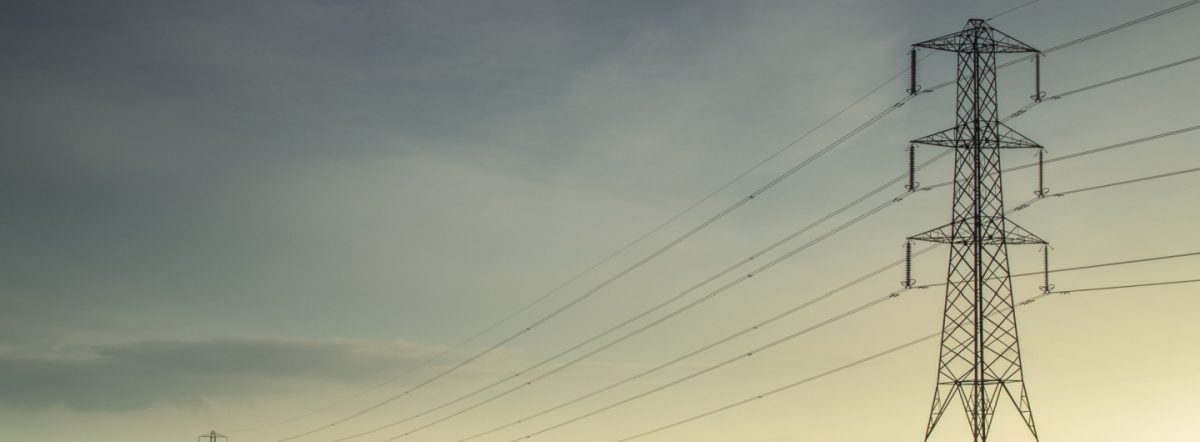A new discussion paper that would see energy standing charges reduced has been published by campaigners.
Future Energy Associates have identified how standing charges for every household with electricity and gas connections could plummet from £334.08 a year to £183.02 – a reduction of almost half (£152.06 / 46%).
For electricity the standing charge would reduce from £219.42 to £149.17 per year (32% reduction) and for gas the standing charge would reduce from £114.66 to £33.85 per year (71% drop).
Delivering these changes would require changes to Ofgem regulations and Government funding as well as action taken to protect low income and high usage households, such as those who rely on energy for medical needs.
This could include the introduction of a social tariff, which is backed by well over half the population according to recent polling by Opinium, and could be paid for through contributions from energy industry profits (producers, networks and suppliers).
The analysts identified that up to £5bn a year of costs on energy bills could be moved to general taxation. Policy makers could remove these costs from all bills, which would bring down electricity unit rates as well or (for a lower cost to the Treasury of around £200m a year) remove the costs just from vulnerable low income households with high energy needs.
The options paper commissioned by the Warm This Winter campaign includes moves to:
- Transfer five elements of standing charges (the adjustment allowance, headroom allowance, profit allowance, payment uplift and levelling costs) entirely to the unit rates.
- Shift some policy costs to general taxation.
- Revise the ratio of operating costs paid through standing charges versus unit rates to increase the amount on unit costs, thereby delivering an incentive to the energy market to drive down excess costs such as marketing.
- Reduce the standing charge elements of network costs by 10%, funded by excess shareholder profits.
- If all these options were taken together (i.e. changes to standing charges and unit costs) these proposals would reduce the total energy bill for the average household by £214.22 a year.
Dylan Johnson, one of the analysts involved in the report, said:
“The comprehensive changes we have suggested would bring down standing charges and could also mitigate negative distributional impacts of standing charge reform previously identified by Ofgem. We would urge new ministers to meet with industry, consumer groups and experts to analyse how we can change standing charges in a way that is fair to all households.”
A spokesperson for the End Fuel Poverty Coalition, commented:
“Standing charges are an unfair flat tax on every energy consumer. Every household pays through the nose just to be connected to the grid, even if they use no energy.
“In the past there has been caution about reform due to the potential impact of change on households with a high dependency on energy for medical needs, we still need further detailed analysis of these options by Ofgem to ensure that this group is not penalised.
“However, this report does indicate that reform of standing charges may actually be possible in a fair way. It will need Ofgem, the next Government, energy industry and consumer groups to work together to make it happen. The prize of cutting standing charges in half before this winter should be one which new Ministers seize upon.”
Jonathan Bean from Fuel Poverty Action added:
“Millions of us are suffering energy starvation due to high standing charges that leave no money for heating, hot water or power. Many on prepayment meters get cut off. This cruel energy system needs urgent reform by the new Government.”
Warm This Winter spokesperson Fiona Waters said:
“The energy crisis has already left bill payers £2,500 out of pocket since it started three years ago and we know energy bills will go up again in October.
“People up and down the country are literally at breaking point, are still paying 50 percent more for energy and at the heart of these unfair bills are the standing charges. The public are crying out for action now.
“The next UK Government will need to act quickly, bring down bills for good, end energy debt, improve housing standards through insulation and ventilation and also make Britain a clean energy superpower so we are not at the mercy of profiteering global oil and gas giants.”
For customers in energy debt, campaigners have also called for a universal, consistent, nationwide, debt matching programme funded by the £1.3bn customers are paying through bills for energy debt costs this year.
ENDS
Standing Charge Reduction Analysis by Future Energy Associates is available to download: https://www.endfuelpoverty.org.uk/wp-content/uploads/Standing_Charges_Final.pdf

